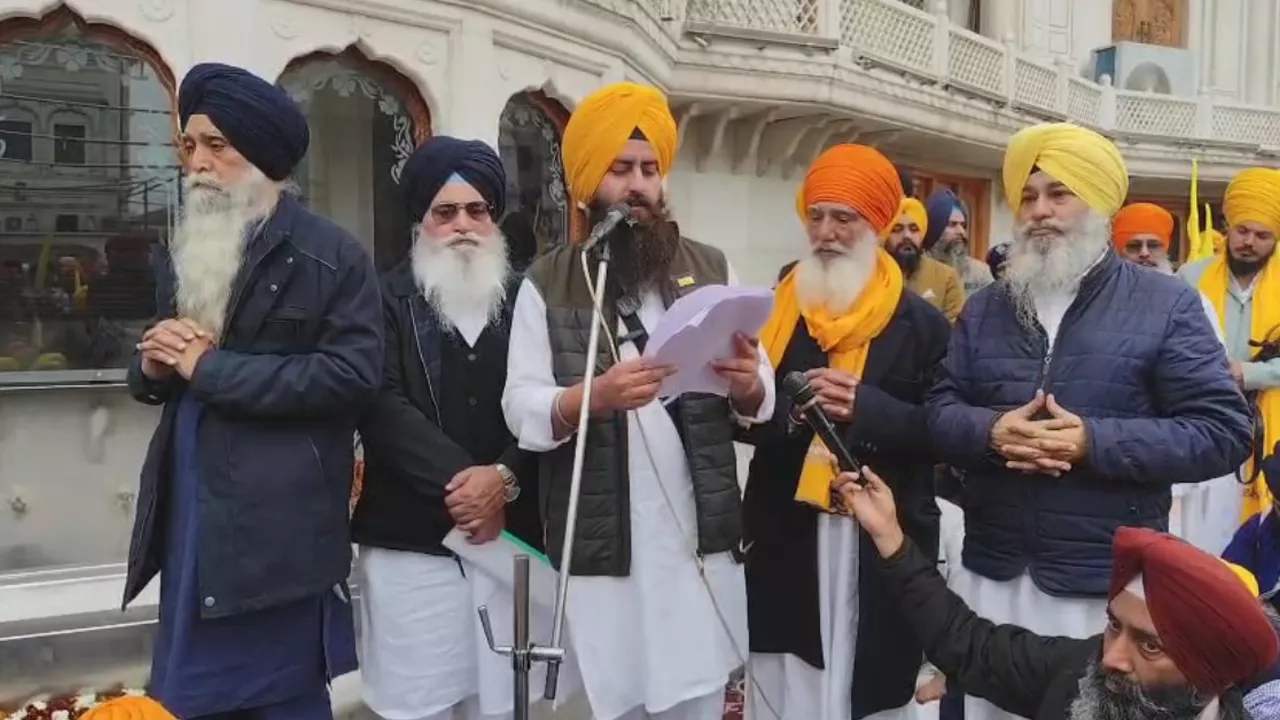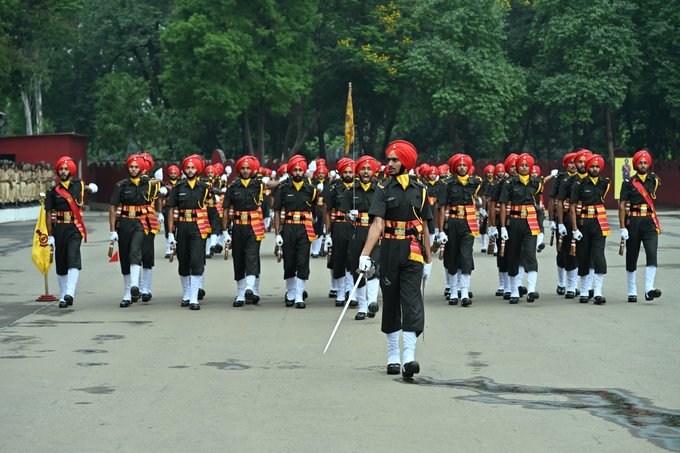The Indian general election results trickled in late night on 4 Jun. The BJP is 32 seats short of a majority at 240 seats. The INC won 99 seats and 235 seats went to the INDIA bloc (Indian National Developmental Inclusive Alliance - a coming together of 37 opposition parties). The major change was in Uttar Pradesh where INDIA bloc member Samajwadi Party (SP) won 37 seats. Though BJP's vote share (36.56%) remained the same as in 2019, Tamil Nadu kept the party out, and their seats were reduced in Maharashtra, West Bengal, Rajasthan, and Karnataka. Neither the Ram temple, nor further Hindu-Muslim polarization, nor free rations for 800M people the BJP banked on in the last decade worked for the party. High inflation, large-scale unemployment, and cronyism led people to vote for the opposition. On 5 Jun Narendra Modi will meet his allies in the National Democratic Alliance (NDA) who have 292 seats to discuss forming the next govt. which would include intense wrangling and rob BJP leaders of key ministerial portfolios. The role of the kingmaker for the next govt. now falls to two of the BJP’s key allies – Nitish Kumar and Chandrababu Naidu. Their parties, Janata Dal (United) and Telugu Desam Party (TDP), have 12 and 16 seats respectively. Nitish Kumar is known to be a mercurial leader because of his frequent party-hopping. Naidu had earlier been put in prison by the BJP govt. The BJP has damaged its relationship with parent organization Rashtriya Swayamsevak Sangh, who could ask for a change of leadership in the BJP. For now, the election is a victory for opposition parties who saw major erosion in the last decade and a semblance of restoration of democratic processes in the country. (SDW Vol 2 Issue 5, Story 9).


Like what you're reading? Subscribe to our top stories.
Liv Forum provides a digest of analysis on major issues facing Indian (East) Panjab and Sikhs globally.
In accordance with our Privacy Policy, we will never share or sell the information of our subscribers.






